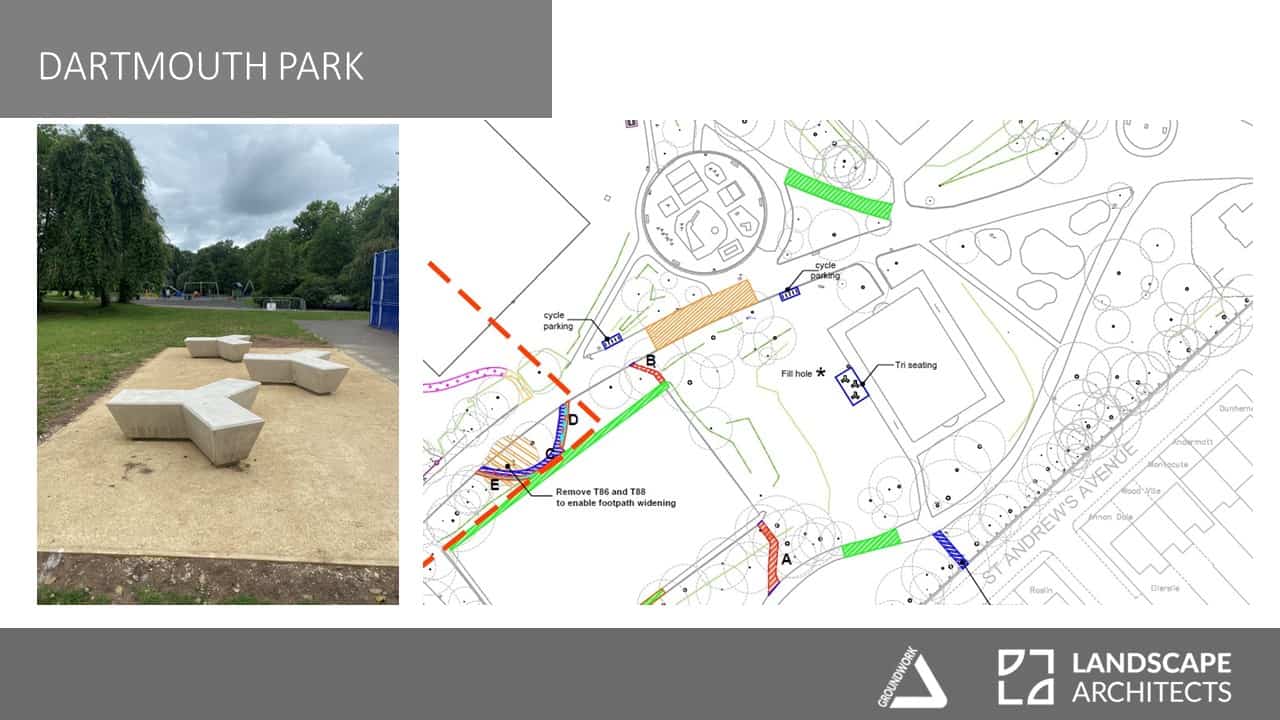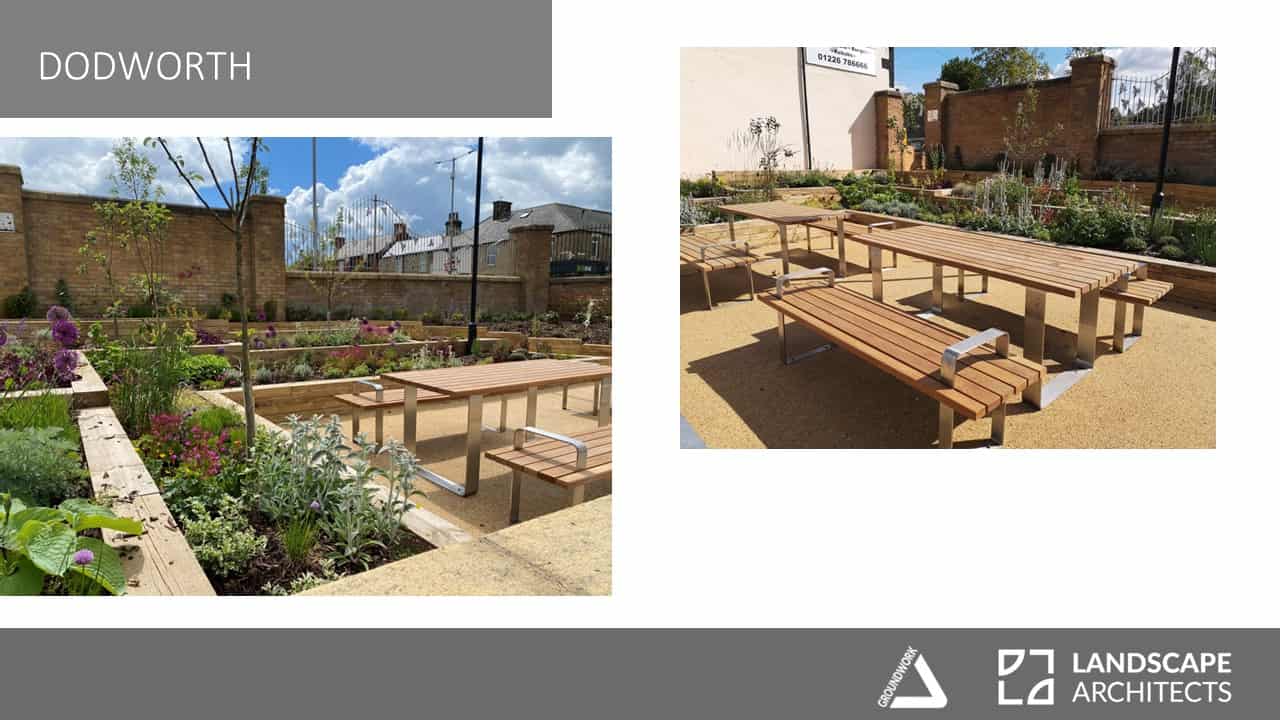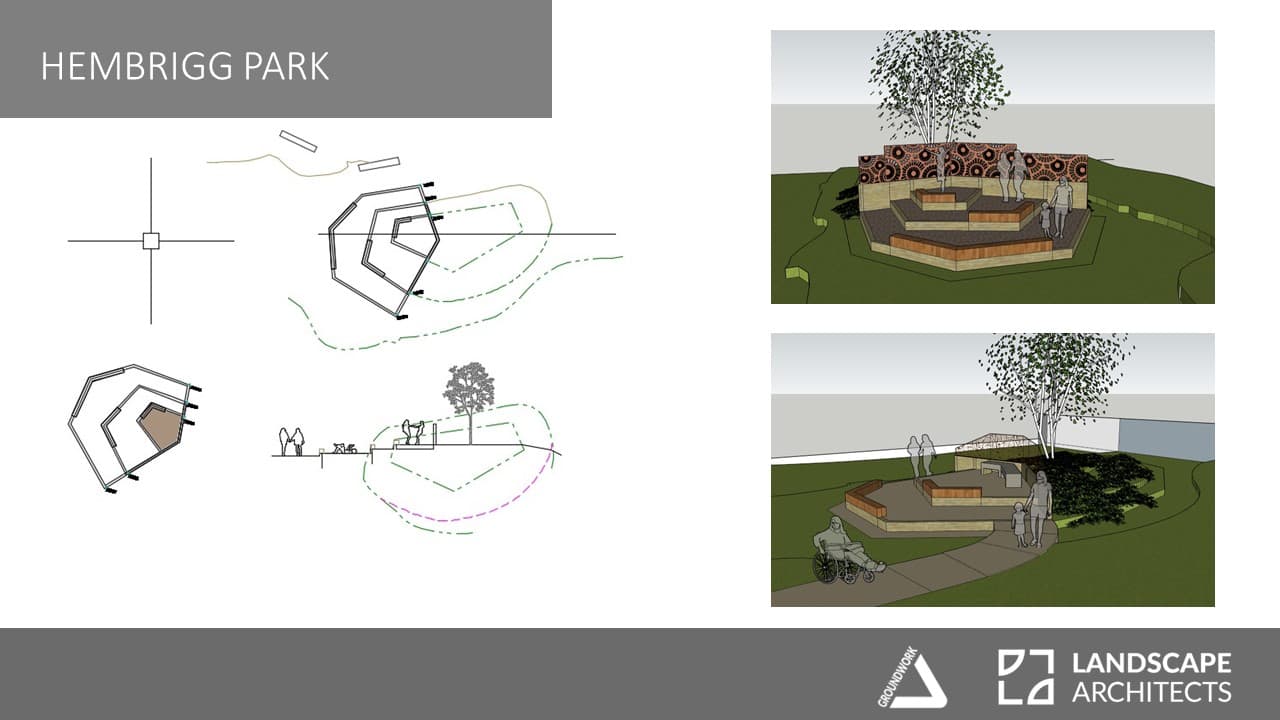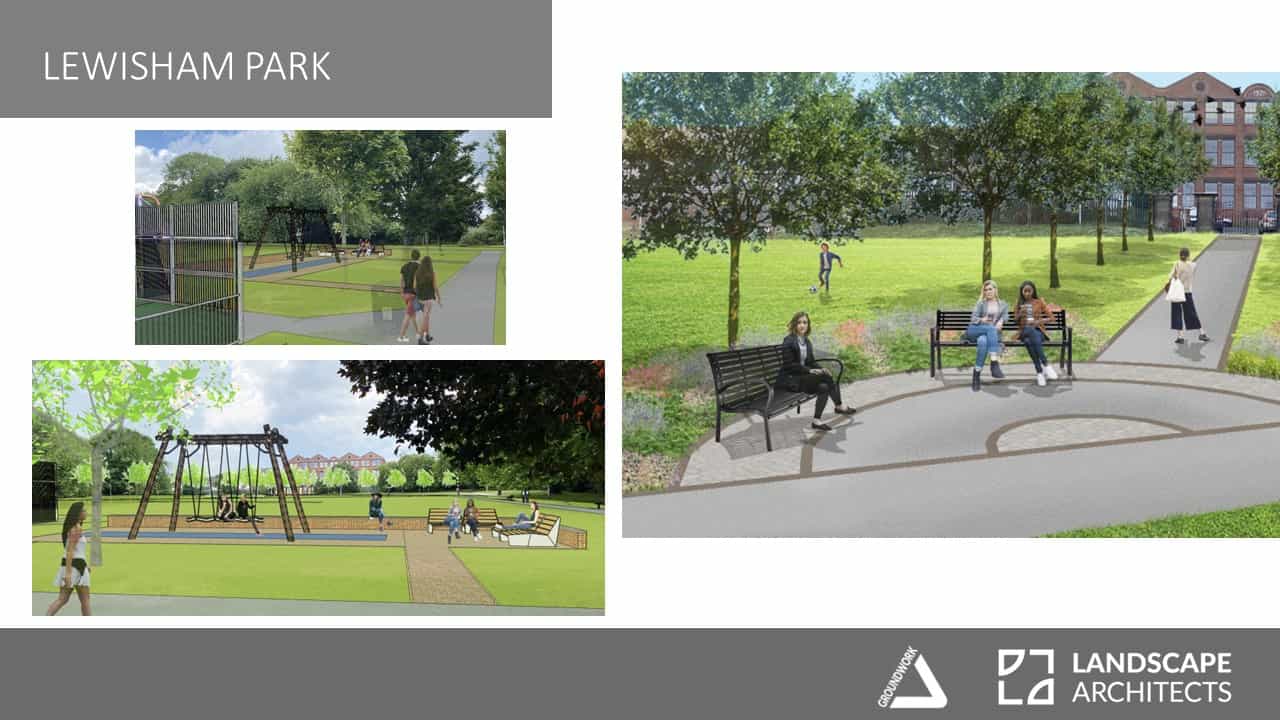The ‘Make Space for Girls’ concept is a hot topic at the moment. There has been a lot of discussion, research and media coverage about how young women and girls feel about their public spaces and places and their use of them. The overwhelming response up and down the country is that they don’t feel that the current provision caters for them, their peers and their interests, often making them feel unsafe or unwelcome. All children have a right to play and have facilities provided which respond to their needs.
When women and girls feel unsafe, they are less likely to use, enjoy and benefit from parks and other public spaces, particularly when alone and after dark. This often comes from lived experience; intimidation, exclusion, bullying, verbal abuse, suggestive behaviour, or even physical assault.
Make Space for Girls is an organisation that was set up in 2021. They raise awareness of the issue as well as using research and campaigning to ensure that the voices of girls and young women are heard in the planning process. They also provide practical support for parks and public spaces to be designed for girls and young women, not just boys and young men.
Make Space for Girls research shows that after the age of 10 girls use public parks less, having an impact on their physical and mental health. It means that they don’t access places to explore imaginative play, practice social skills and develop their independence, which are all critical to a child’s development.
The current provision for young people across many parks, consists almost entirely of facilities such as skate parks, playing pitches, Multi Use Games Areas (MUGAs) and BMX tracks. These are seen as meeting the needs of all young people when in fact they are places usually dominated by boys and can be intimidating for young women and girls to access.
We, as local authorities, designers and place makers, have a duty to make sure that our spaces are as safe and inclusive as possible. Parks and play spaces need to be better designed and managed to be well-used, sociable places that offer activities and facilities that are welcoming to women and girls. Changes should support women and girls to feel safe throughout the day and all-year round.
The Public Sector Equality Duty (PSED) is a legal obligation that councils must comply with when exercising public functions, whether that is taking decisions, setting policies, or providing services. It applies to councils of all sizes and to funding, regardless of where it comes from. Grants and community fundraising does not absolve the council from the need to comply with the PSED. This duty protects people by recognising that there are certain protected characteristics which can lead to discrimination or disadvantage within society, including age and gender.
Where a council’s current facilities for teenagers are dominated by boys or there is low participation in the park by girls, girls are at a disadvantage. As a result, the PSED requires councils to consider proactively the need to reduce this disadvantage and encourage greater participation.
To us, it’s about creating spaces in our parks that are more inclusive for all and creating great social value. Groundwork Yorkshire have always engaged with communities in the design of their spaces. The voices of park users are best placed to decide what is needed to make their local green spaces more inviting and safer.
Using the findings from the Safer Parks publication developed by Make Space for Girls, University of Leeds and others, our aim is to make spaces which feel safe, welcoming and attractive and allow them to socialise in groups to foster a sense of belonging and ownership of their parks. Working in partnership with Leeds City Council, the UK Shared Prosperity Fund and Leeds Women’s Aid we have been developing a number of interventions within parks in Morley, aimed specifically at young women and girls.
Dartmouth Park
• Sociable seating which is off the main path and adjacent to the MUGA.
• Offers clear 360-degree views around the park from where they are sat with clear means of escape
• Close to the activity but in space of its own





